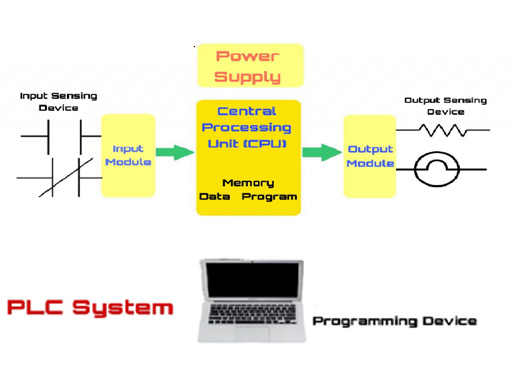Mechanical
Bearing – MECHANICAL
The module focuses on the basic concept of Induction Motors. An Induction Motor is the most modest electrical machine from constructional point of view. Induction motor is basically referred as the horse power of the industry. Induction machine are by far the most common type of motor used in industrial, commercial or residential settings because it has: Simple and rugged construction Low cost and minimum maintenance High dependability and sufficiently high proficiency Needs no additional starting motor and necessity not be synchronized.
Duration : 3 hours
MEASURING INSTRUMENTS – MECHANICAL
HEAT TREATMENT- MECHANICAL/METALLURGY
Heat Treatment could be said to be a method for strengthening materials but could also be used to alter some mechanical properties such as improving formability, machining etc. The module has different Heat Treatment process that is required to change the physical and chemical properties of metals.
BULK MATERIAL HANDLING – MECHANICAL



